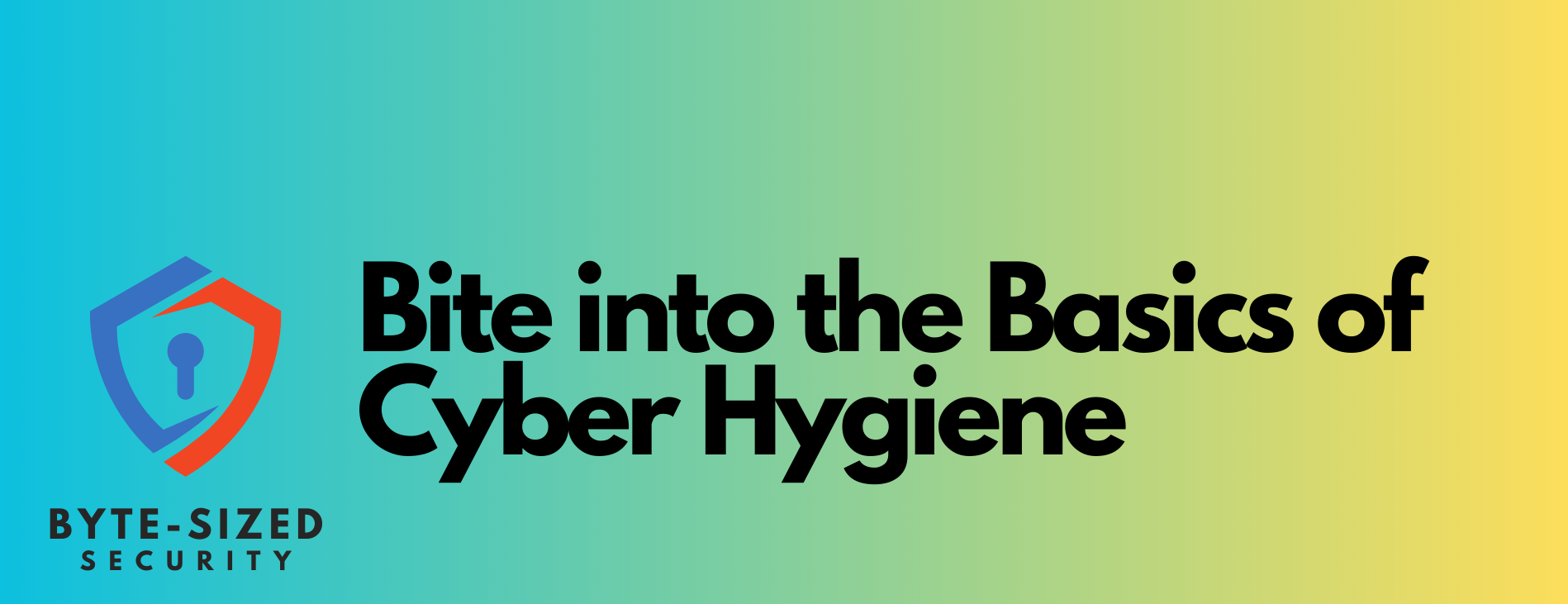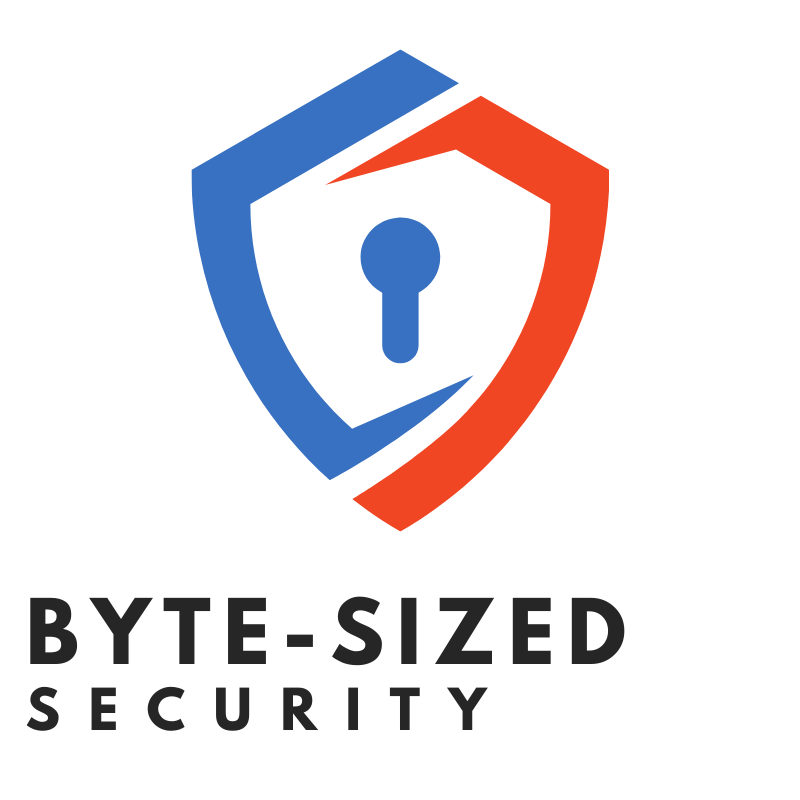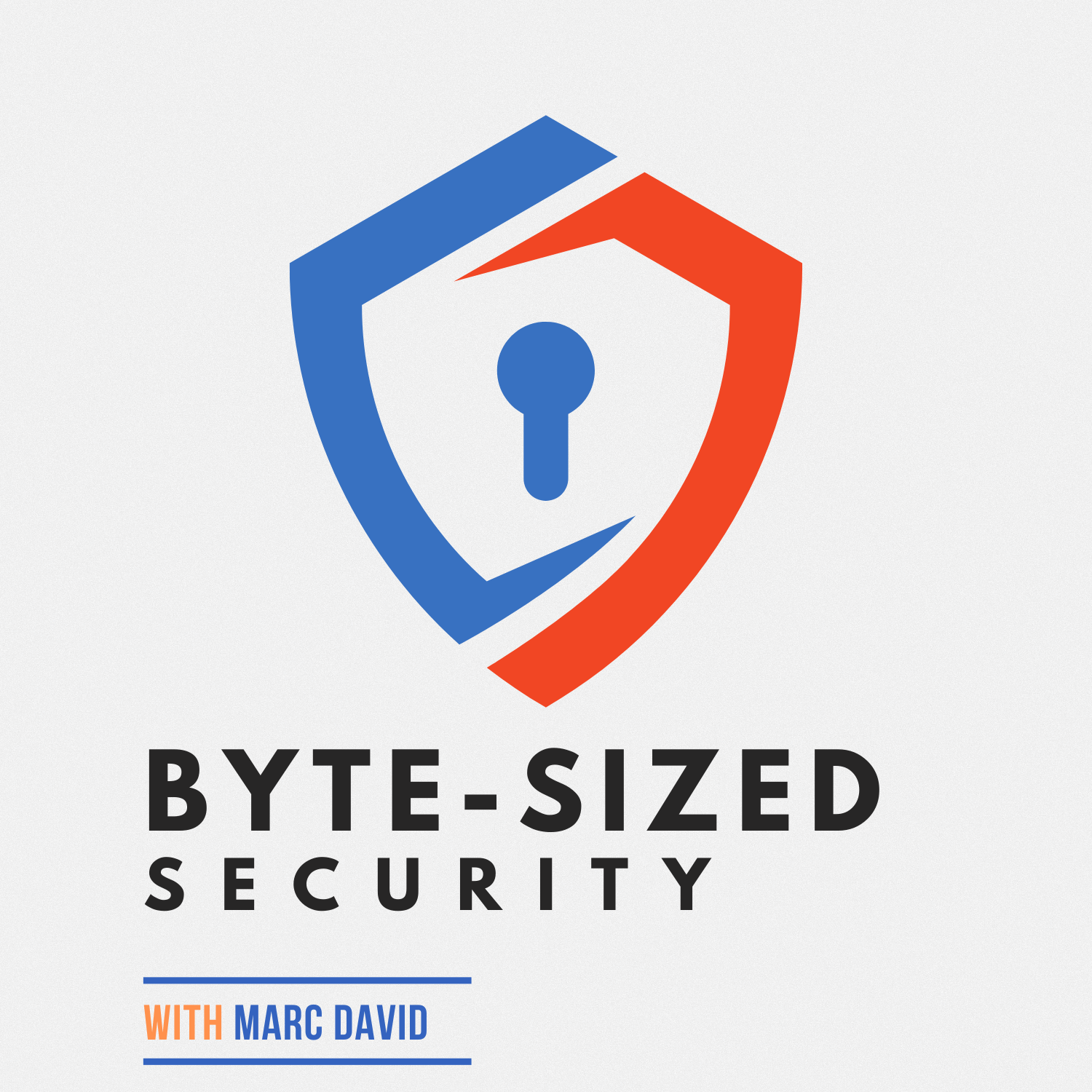Ep14: The Future of Authentication: Passkeys Explained
Episode Overview:
In this episode, I had the pleasure of sitting down with Dr. Lillian Hartfield to discuss the transformative approach to authentication: Passkeys. We delved deep into what passkeys are, how they differ from traditional passwords, and the reasons behind their rising popularity.
Key Discussion Points:
- Introduction to Passkeys
- Dr. Hartfield provided a comprehensive overview of passkeys and their advantages over traditional passwords.
- The Problem with Current Password Systems
- We discussed the challenges users face with complex passwords and the security risks associated with password reuse.
- Enhanced Security with Passkeys
- Dr. Hartfield shed light on how passkeys leverage public-key cryptography to offer a more secure authentication method.
- The Process of Creating and Using Passkeys
- We walked through the user-friendly process of setting up and using passkeys for online authentication.
- Device and Platform Support for Passkeys
- Dr. Hartfield highlighted the widespread adoption of passkeys across various devices and platforms.
- Password Managers and Passkeys
- We touched upon the integration of passkeys in password managers, with a special mention of 1Password.
- The Future of Passkeys
- Dr. Hartfield shared her insights on the potential of passkeys to replace traditional passwords in the near future.
Episode Highlights:
- "Passkeys offer a more secure and user-friendly alternative to passwords." - Dr. Lillian Hartfield
- "Password managers like 1Password are evolving to support passkeys, ensuring users have a centralized, secure location for authentication." - Dr. Lillian Hartfield
---
I do hope you enjoyed this episode of the podcast. Here's some helpful resources including any sites that were mentioned in this episode.
--
Sites Mentioned in this Episode
--
Find subscriber links on my site, add to your podcast player, or listen on the web players on my site:
--
Support this Podcast with a Tip:
Transcript
Hello listeners, and welcome back to Byte Sized Security.
2
:Today, we're diving into a topic
that's reshaping the landscape
3
:of online security: Passkeys.
4
:With us is Dr.
5
:Lillian Hartfield, Chief of Cybersecurity
Innovations at SecureTech Solutions.
6
:Dr.
7
:Hartfield, welcome to the show.
8
:Nancy: Thank you Marc.
9
:It's a pleasure to be here and
discuss this transformative
10
:approach to authentication.
11
:Marc: Let's start at the beginning.
12
:What exactly are passkeys, and how do
they differ from traditional passwords?
13
:Nancy: Great question Marc.
14
:Passkeys are a new type of login
credential that allows users
15
:to access sites and services
without entering a password.
16
:They're built on the WebAuthentication or
WebAuthn standard, which uses public-key
17
:cryptography to enhance account security.
18
:The beauty of passkeys is that
there's nothing to remember, and
19
:they're stored in an encrypted
format on your devices, making them
20
:more secure against data breaches.
21
:Marc: That sounds promising.
22
:But why are we moving towards passkeys?
23
:What's the problem with our
current password system?
24
:Nancy: The first digital password
was invented back in:
25
:since then, passwords have become an
integral part of our digital lives.
26
:However, as they've become more
complex, people struggle to remember
27
:them, leading to password reuse
and the use of simple passwords.
28
:This poses significant security risks.
29
:Passkeys aim to address these
challenges by offering a more secure
30
:and user-friendly alternative.
31
:Marc: So, how do passkeys enhance security
compared to traditional passwords?
32
:Nancy: Passkeys leverage
public-key cryptography.
33
:When you use a passkey, you have
both a private and a public key.
34
:The public key is stored on a
company's servers, while the private
35
:key remains on your device, making it
challenging for cybercriminals to steal.
36
:Unlike passwords, which can be
phished, passkeys can't be easily
37
:compromised in phishing attacks.
38
:Marc: That's reassuring.
39
:Can you walk us through the process
of creating and using passkeys?
40
:Nancy: Certainly.
41
:When you visit a website that
supports passkeys, you can
42
:create an account secured by a
passkey instead of a password.
43
:During the setup, the site will ask
you to confirm your authenticator,
44
:which could be your smartphone or a
password manager that supports passkeys.
45
:The authenticator generates
related public and private keys.
46
:When logging in, the site's server
sends a challenge to the authenticator,
47
:which your private key solves, allowing
for a secure and swift login process.
48
:Marc: What devices currently
support passkeys, and how
49
:widespread is their adoption?
50
:Nancy: Passkeys are compatible
with many modern devices.
51
:Tech giants like Microsoft,
Google, and Apple have worked
52
:collaboratively to develop them.
53
:Apple's iOS 16 introduced
passkeys, utilizing Touch ID
54
:and Face ID for authentication.
55
:Android devices store passkeys
using the Google Password Manager.
56
:As for web browsers, Chrome,
Edge, Safari, and Firefox all
57
:currently support passkeys.
58
:Major brands like eBay, PayPal,
Best Buy, and Nvidia have
59
:also embraced this technology.
60
:Marc: That's quite a range of support.
61
:But what about password managers?
62
:Do any of them support passkeys?
63
:Nancy: Absolutely Marc.
64
:Password managers are evolving
alongside this shift towards passkeys.
65
:One notable example is 1Password,
which allows users to store
66
:passkeys within the manager itself.
67
:This offers an alternative to
storing passkeys in a device's
68
:keychain or other storage.
69
:By integrating passkeys, password
managers are further enhancing their
70
:value proposition, ensuring users
have a centralized, secure location
71
:for all their authentication needs.
72
:Marc: What happens if someone
upgrades their smartphone?
73
:How are passkeys transferred?
74
:Nancy: When you upgrade, passkeys can be
seamlessly transferred to the new device.
75
:On Android, encryption keys
are securely transferred during
76
:the setup of a new phone.
77
:For Apple users, passkeys are stored in
the iCloud Keychain, ensuring a smooth
78
:transition when switching devices.
79
:Marc: Lastly, do you foresee
passkeys replacing passwords
80
:entirely in the future?
81
:Nancy: While passwords have been around
for a long time, the push for passkeys
82
:from industry leaders suggests a
shift towards this more secure method.
83
:It might take time, but with the
advantages passkeys offer, we could
84
:see a significant reduction in password
reliance over the next few years.
85
:Marc: Dr.
86
:Hartfield, thank you for shedding
light on this fascinating topic.
87
:It's been a pleasure
having you on the show.
88
:Nancy: Thank you Marc.
89
:It's essential for everyone to stay
informed about the evolving landscape
90
:of cybersecurity, and I'm glad to
have been a part of this discussion.
91
:Marc: And to our listeners, thank you
for joining us on Byte Sized Security.
92
:Stay safe, stay informed, and we'll
catch you in the next episode.
93
:Please share this podcast if you find it
valuable by telling people to visit byte
94
:sized security dot show and subscribe.
95
:And give a review on whatever
platform you listen to this podcast.
96
:It would be most appreciated.





